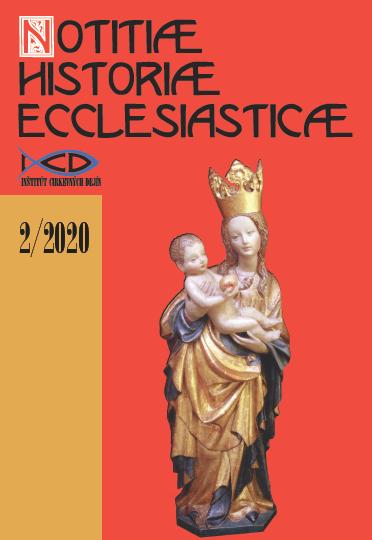Zrod viacročníkového ústavu stredného stupňa na prípravu učiteľov v Egri: Egerský /Jágerský/ učiteľský ústav Jána Ladislava Pyrkera
The birth of the multi-grade elementary teacher training institution in Eger: László János Pyrker's Praeparandia
Author(s): Béla PukánszkySubject(s): Education, Theology and Religion, History of Education, 18th Century, 19th Century
Published by: VERBUM - vydavateľstvo Katolíckej univerzity v Ružomberku
Keywords: history of elementary teacher training; history of the catholic school-system; László János Pyrker; Spišská Kapitula; Eger; Praeparandia;
Summary/Abstract: The symbolic starting point for modernization of the school system in Hungary was the Ratio Educationis I. issued by Maria Theresia in 1777, which is an illustrative example of top-down modernization of the school system. Elementary schools maintained by denominations were important tools for this kind of top-moderated modernization. The opening of the first independent, multi-grade German and Slovak-language institute in Spišská Kapitula was of great importance for the history of Catholic elementary teacher training. The foundation was the merit of László János Pyrker (1772 – 1847), Bishop of Spis, later Archbishop of Eger, who started the institute in the autumn of 1819. The language of instruction of the teacher training institute was German and Slovak, according to the composition of the population. The aim was, therefore, to supply villages with cantor teachers, and this is reflected in the palette of the subjects: theology, biblical stories, reading, spelling, arithmetic, pedagogy, teaching methodology, liturgy, church Latin, church singing, organ. Nine years after the founding of the institute of Spišská Kapitula, he continued his work in the first Hungarian-language, two-year Catholic teacher training institute, which opened in the fall of 1828 in Eger. The need for attachment to direct pedagogical practice is felt in every element of the training plan – like in the first training institute in Spišská Kapitula. This intention exemplifies the peculiar path of the development and practical professionalization of the folk-teaching profession.
Journal: Notitiae Historiae Ecclesiasticae
- Issue Year: 9/2020
- Issue No: 2
- Page Range: 22-38
- Page Count: 17
- Language: Slovak

